Adoption Basics
Adoption is a process that creates a new family for a child or adult. The process for completing the adoption varies based on the type of adoption. Most types of adoptions require a completed home study (also called a “Family Assessment” or “Family Evaluation”) before the adoption legal process can begin. If the Department of Human Services is not involved and the court classifies your adoption as a relative, guardian, adult or step-parent adoption, the adoption process can begin without the home study, but one is needed before the adoption is completed.
Other Requirements
In addition to the home study children ages 14 and over can only be adopted if they give their consent in writing. Children under the age of 14 are consulted, but their written permission is not required. Another issue that must be resolved is whether the child will retain their current name. Once this decision is made and the adoption is completed, the court will submit a request to the state that issued the original birth record to issue a new birth certificate, which includes the child’s new name and the new parents’ name.
Upon Completion
Once the adoption is completed, the adoptive parents become fully responsible for the child and are legally obligated to provide for the child’s health, education, and welfare until the child reaches the age of majority or is emancipated.
Helpful Resources
Find answers to common adoption questions. Contact us directly for more information. (989) 839-0534
You are an excellent candidate to become an adoptive parent if you have the ability to give a child unconditional love, patience, nurturing and commitment. You can adopt if you:
- Are single, married or divorced
- Are already a parent or have never been one
- Own your own home or rent
- Are an adult
- Adoption of a Foster Child
- Private or Infant Adoption
- Stepparent Adoption
- Relative Adoption
- Adoption by Guardian
- Interstate Adoption
- Adult Adoption
The adoption process begins with you! Checkout our brochure to learn more

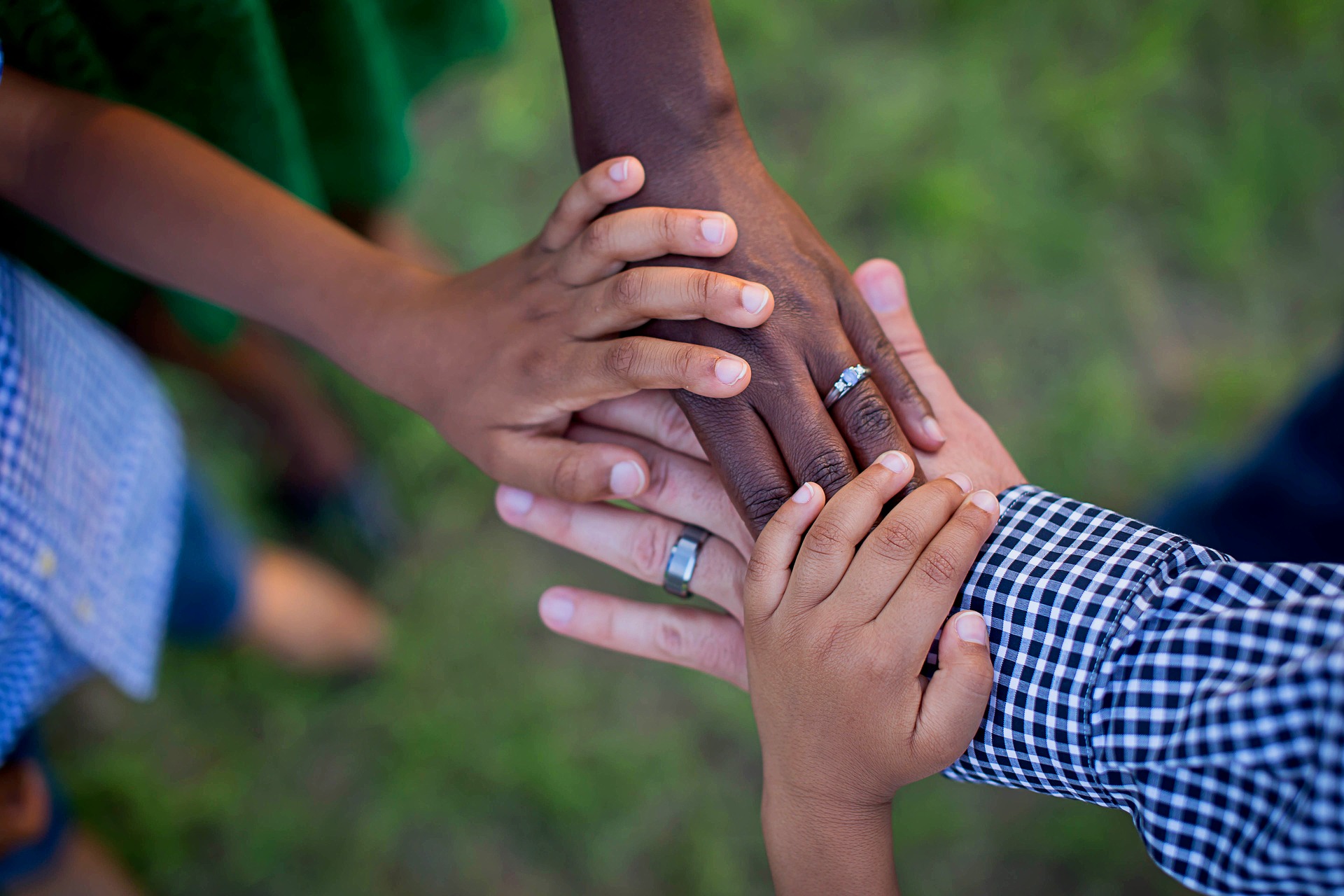
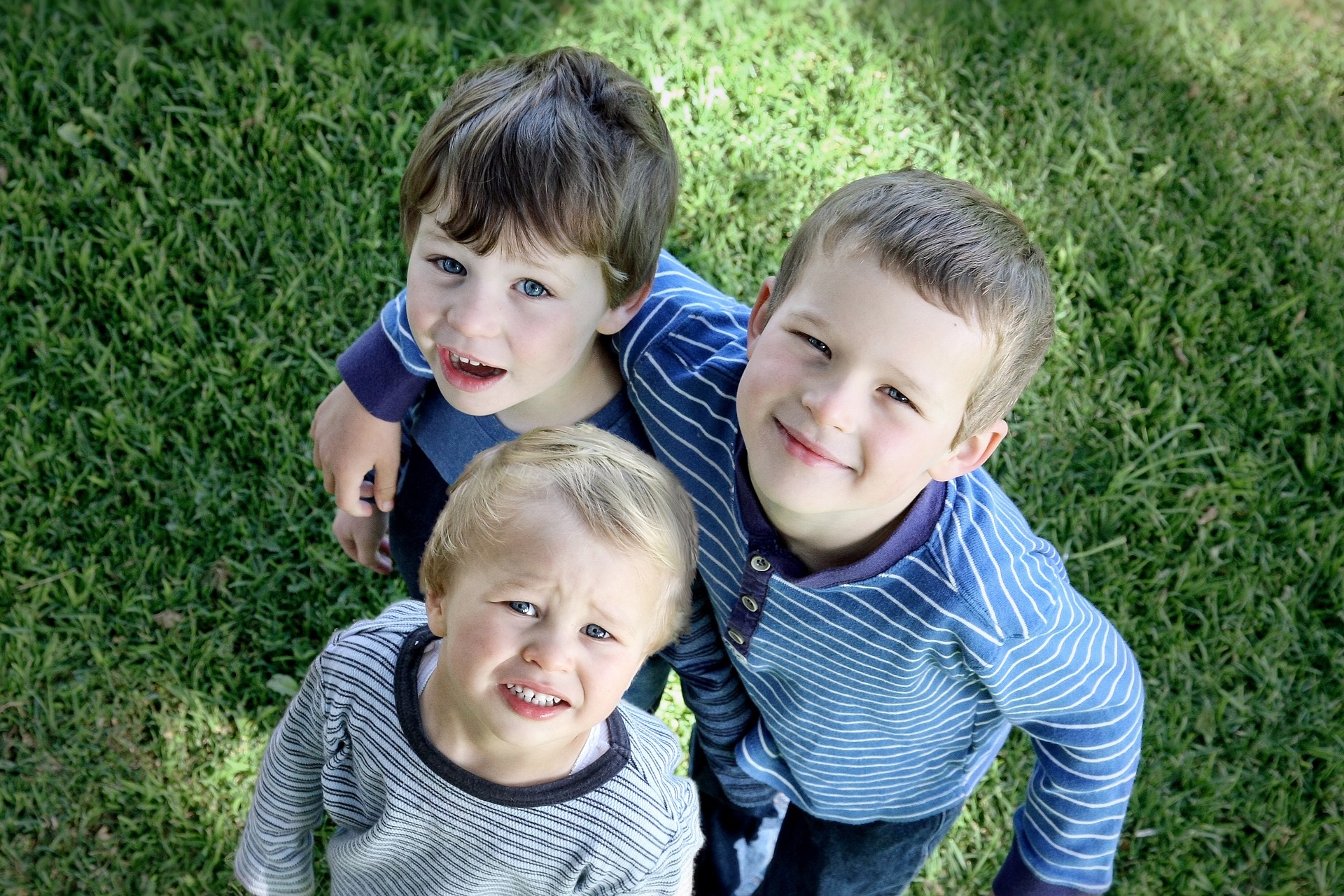
Foster Care Adoptions
Foster Care
Foster Care is meant to be a temporary situation for children and their families. Sometimes children come into the foster care system due to neglect; for example, the mother cannot pay her water and heating bills or is not providing adequate medical care for the child. Other times a child is placed in temporary foster care due to experiencing more significant types of abuse.
Interaction With The Court
Initially, the court places the children in temporary foster care while trying to determine what is in the best interest of the child. In some cases, temporary foster care ends when the child is reunited with their family. In other cases, the court concludes that termination of parental rights is in the foster child’s best interest. Once parental rights have been terminated, the child becomes available for adoption. Termination of parental rights is not a decision which is made lightly; the Court, foster care workers, and other service providers work to provide services to parents which will rectify the situation that initially brought the child into care and allow the child to return to their home of origin.
Helpful Resources
Find answers to common adoption questions. Contact us directly for more information. (989) 839-0534
- Older children (not infants; typically between the ages of 7 to 17)
- Children who are part of a sibling group
- Children of all races (however, a larger percentage are of minority heritage)
- Children who have physical, mental or emotional disabilities
We are looking for committed individuals and families willing to work tirelessly to have a positive impact on the life of a child. If that is you, contact us about becoming a foster and/or adoptive family at
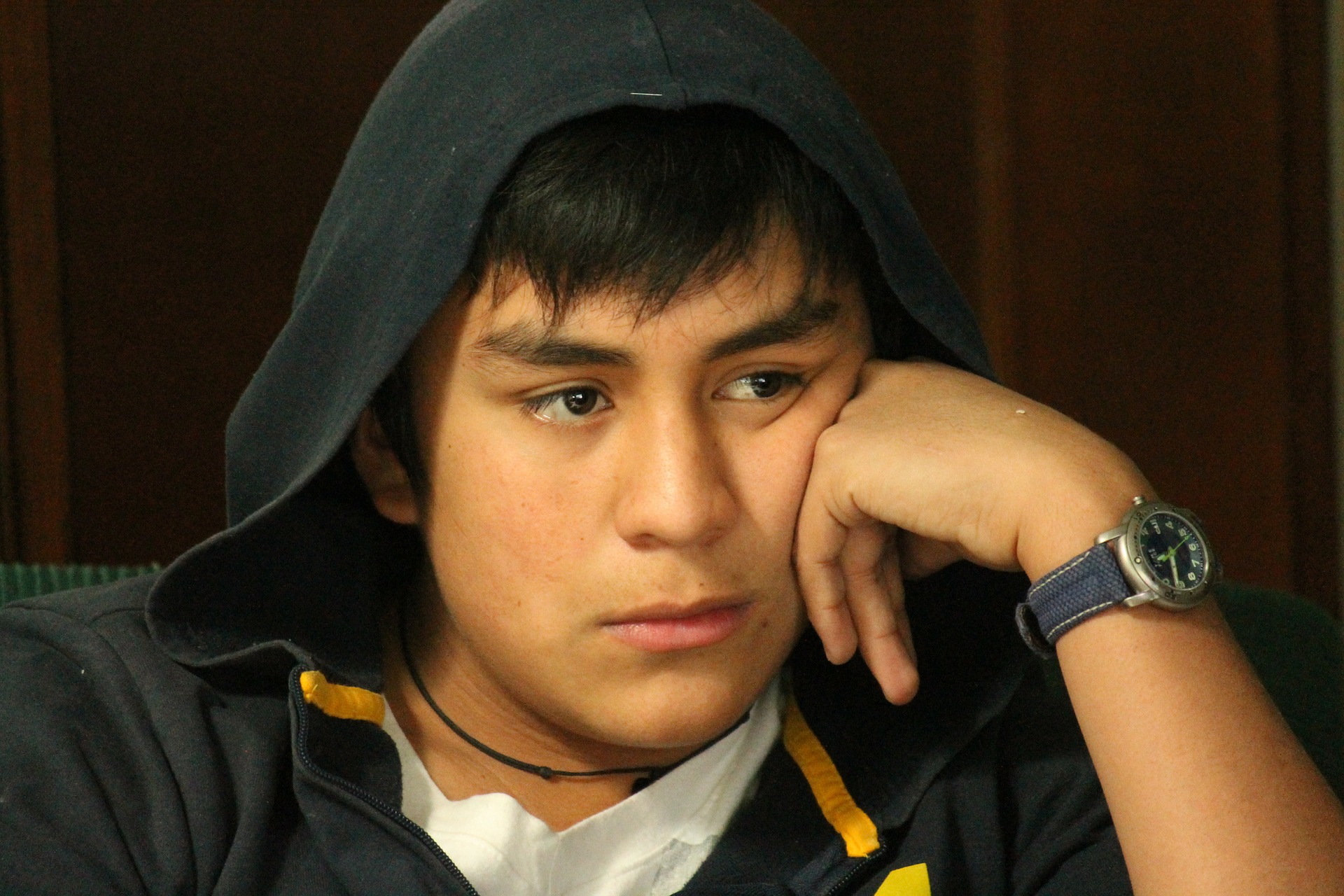


Adoption by Guardian
Adoption by Guardian
A guardianship is established when a court issues “Letters of Guardianship”. These letters give the guardian responsibility for the health, education and safety of a child.
An adoption of a child by the guardian of that child proceeds differently depending on whether or not that child is in foster care. If the child is in foster care, the adoption proceeds as a foster care adoption.
This adoption can be initiated without a home study. However, a home study must be completed before the adoption can be granted.The adoption provides legal recognition of the emotional attachment that has already been formed.
Helpful Resources
Find answers to common adoption questions. Contact us directly for more information. (989) 839-0534
- Birth mother,
- Birth father,
- Guardian, and
- The adoptee (child to be adopted).


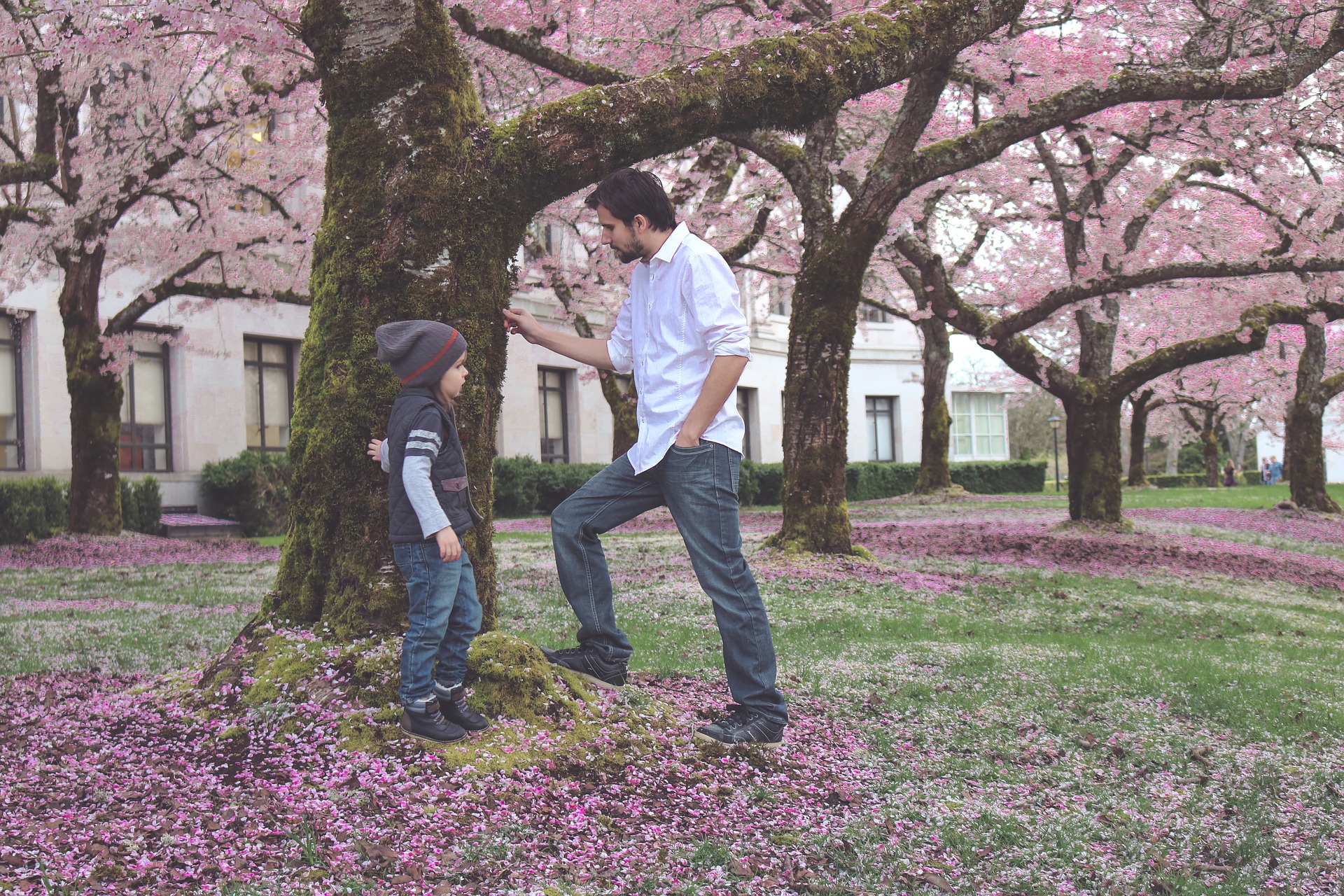
Private or Infant Adoption
Private or Infant Adoption
Adoptions which do not involve a removal of a child from their birth families is often referred to as a direct placement adoption. It involves a birth parent following a legal procedure selecting an adoptive family that allows the direct placement of the infant. The parties work together to improve the life of a child: the birth parent(s), the prospective adoptive family, and the child (or in some cases adult) who is available for adoption.
The adoption decision is often made so that a child can have a better life than the birth parent(s) can provide. Birth parents can participate in the selection of the adoptive parents when the birth parents initiate the adoption process. Before an adoption can proceed, birth parents must make the difficult decision to allow their parental rights to be terminated, because Michigan law does not allow a child to have two sets of legal parents.
Helpful Resources
Find answers to common adoption questions. Contact us directly for more information. (989) 839-0534
The prospective adoptive parents are typically a family that wants to share their love, affection, and resources to improve the life of a child. Michigan adoption laws permit many types of adoption, including the adoption of children and of adults, with families who are either single or married. A new birth certificate is issued once the adoption has been completed.
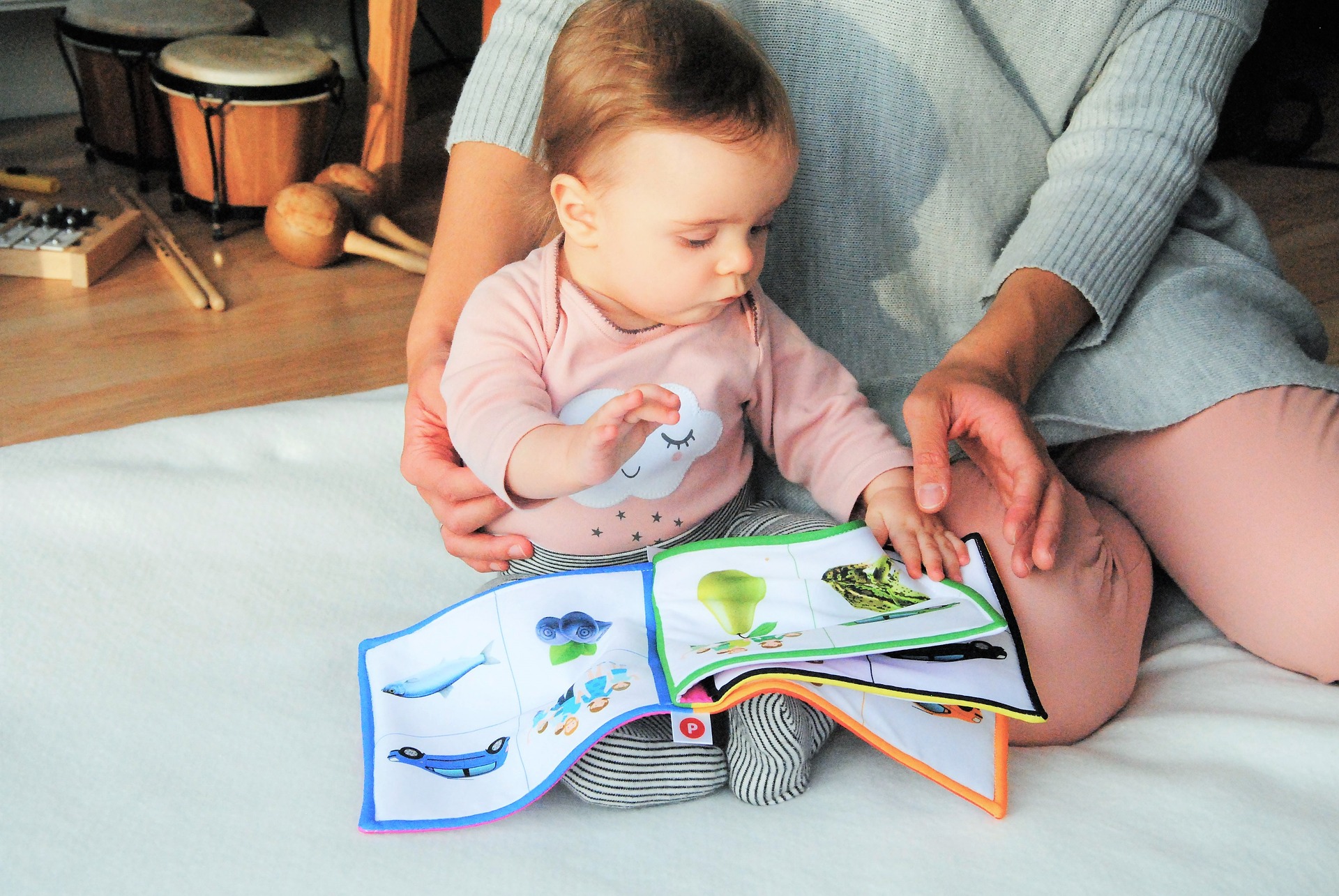

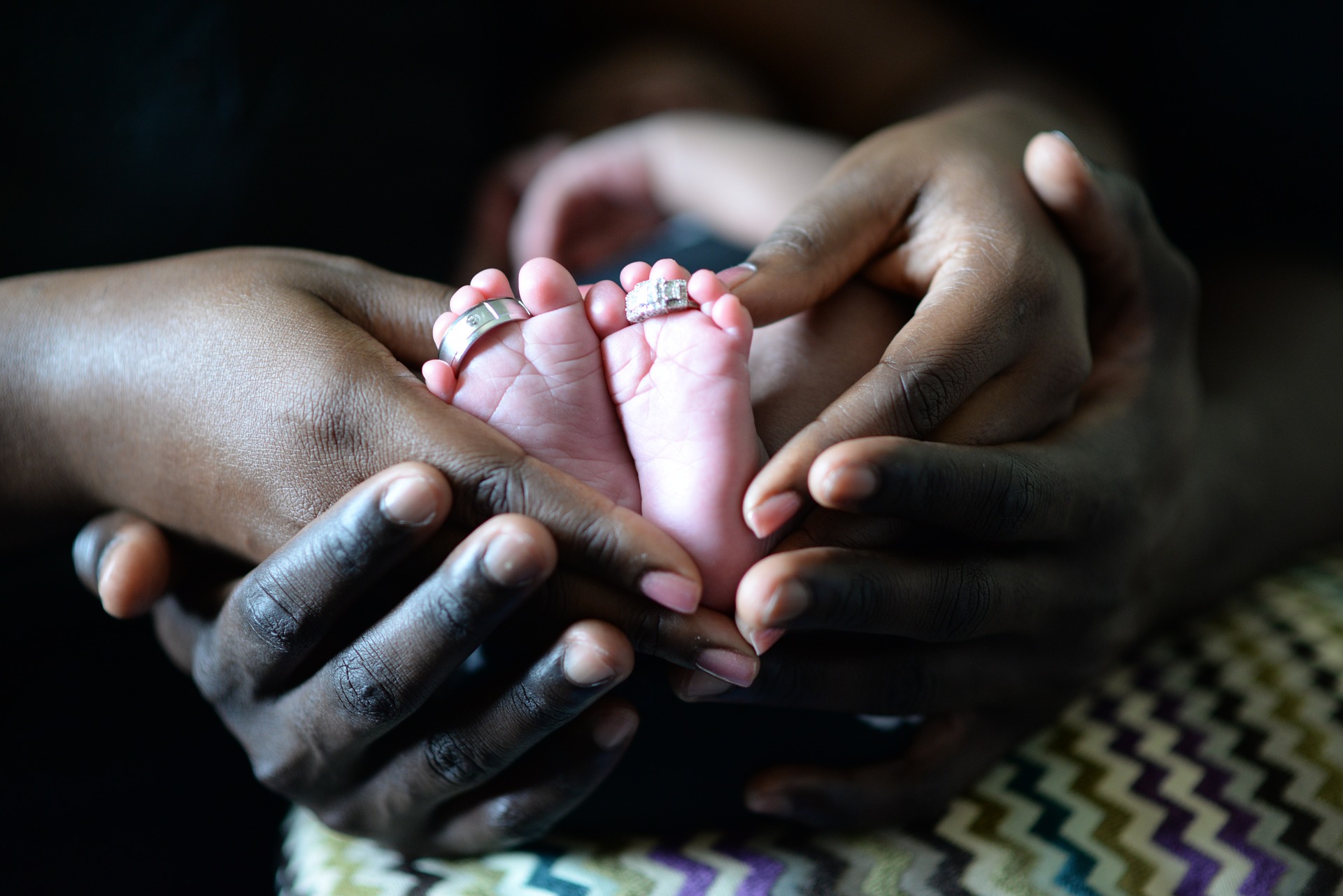
Interstate Adoption
Interstate Adoption
The Interstate Compact on the Placement of Children (ICPC) is an agreement that only applies to those cases where the adopting parents and the child being adopted reside in different states. The Interstate Compact is statutory law in all 52 member jurisdictions.
This set of laws creates a binding agreement between its members to follow uniform legal and administrative procedures when the child being adopted is located in a state different than the adopting family.
Helpful Resources
Find answers to common adoption questions. Contact us directly for more information. (989) 839-0534
- Law of the state the child is born in
- Law of the state that the prospective adoptive parents reside in
- Requirements of the Interstate Compact Director of the sending state (where the child is coming from)
- Requirements of the Interstate Compact Director of the receiving state (where the child is going to)



Stepparent Adoption
Step-parent Adoption
A step-parent adoption usually occurs when one or more of the interested parties believes it is in the best interest of the adoptee. This type of adoption is sometimes initiated because one relationship has dissolved (the relationship between the child and its non-custodial parent) and another has emerged (the relationship between the child being adopted and their step-parent).
As a result, the step-parent adoption simply provides legal recognition and confirmation of the emotional relationship that has already formed. This adoption can be initiated without a home study. However, a home study must be completed before the adoption can be granted.
Helpful Resources
Find answers to common adoption questions. Contact us directly for more information. (989) 839-0534
The four interested parties typically are:
- The custodial birthparent,
- Step-parent,
- Noncustodial birthparent, and/or
- The adoptee (child or adult to be adopted).


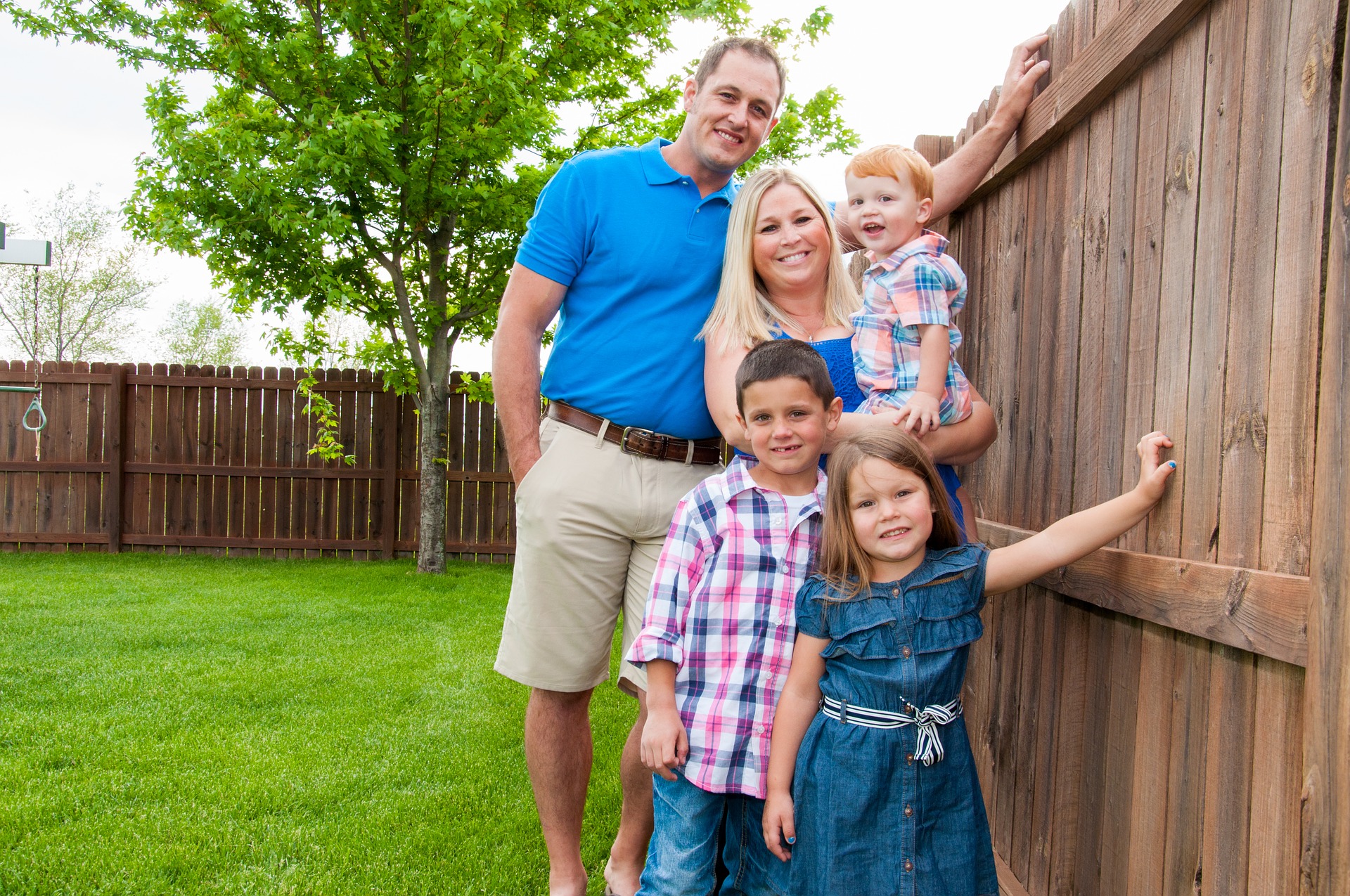
Relative Adoption
Relative Adoption
A relative adoption of a child who is not in foster care proceeds differently than if the child is in foster care.
This adoption can be initiated without a home study. However, a home study must be completed before the adoption can be granted. The adoption provides legal recognition of the emotional attachment that has already been formed.
Helpful Resources
Find answers to common adoption questions. Contact us directly for more information. (989) 839-0534
- Custodial birthparent,
- Noncustodial birthparent,
- Relative, and/or
- The adoptee (child to be adopted).



Adult Adoption
Adult Adoption
Adults can be adopted in Michigan. A home study is not needed to initiate the adoption process but must be completed before the adoption is granted. After the adoption is completed a new birth certificate is issued.
An adult adoption is an adoption of a person eighteen or older (generally by a step-parent). However, there are the occasions when a foster parent has agreed to adopt a foster youth once the youth has turned the legal age of 18.
Helpful Resources
Find answers to common adoption questions. Contact us directly for more information. (989) 839-0534
Under Michigan adoption laws, anyone can be adopted but children 14 years and older may not be adopted unless they give their own consent. Also, state law provides prospective adoptive parents 21 days in which to challenge a denial.
Certified copies (containing the raised seal) of the following documents:
• Adoptee’s Birth Certificate
• Marriage license for petitioners
• Judgment of Divorce for petitioners’ previous marriages, if any
• Death Certificate for any deceased parent, if any




